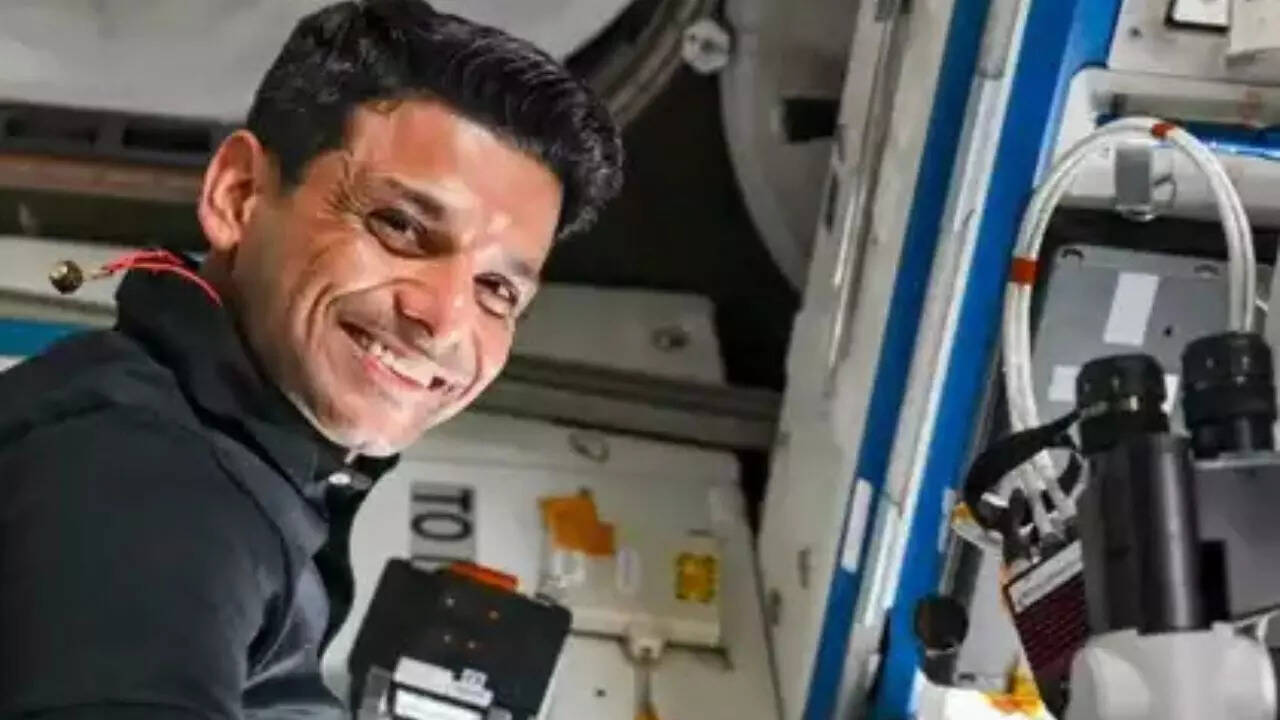‘Saare Jahan Se Accha…’: Shubhanshu Shukla's speech from ISS rings out before the Axiom-4 farewell

The UK celebrates 230 years of weather recording while facing a stark reality as the Met Office warns that extreme weather has become the new normal, highlighting climate challenges.

All major sources, one page
Feel the mood behind headlines
Know what’s trending, globally
Get summaries. Save time
6,619
116
204
5 minutes ago
Stay sharp in 60 seconds. Get concise summaries of today’s biggest stories — markets, tech, sports, and more
All major sources, one page
Feel the mood behind headlines
Know what’s trending, globally
Get summaries. Save time
6,619
116
204
5 minutes ago
Stay sharp in 60 seconds. Get concise summaries of today’s biggest stories — markets, tech, sports, and more